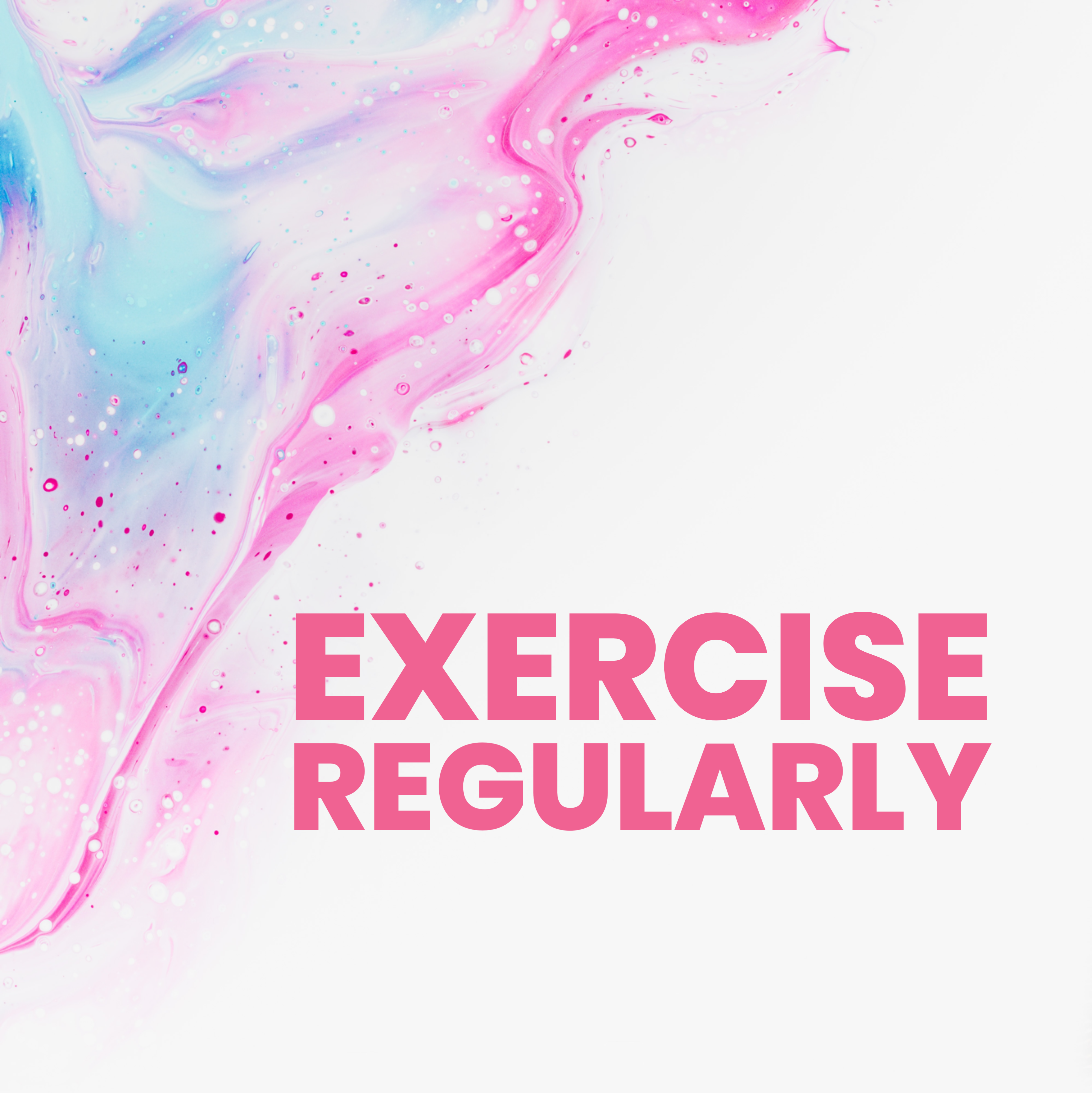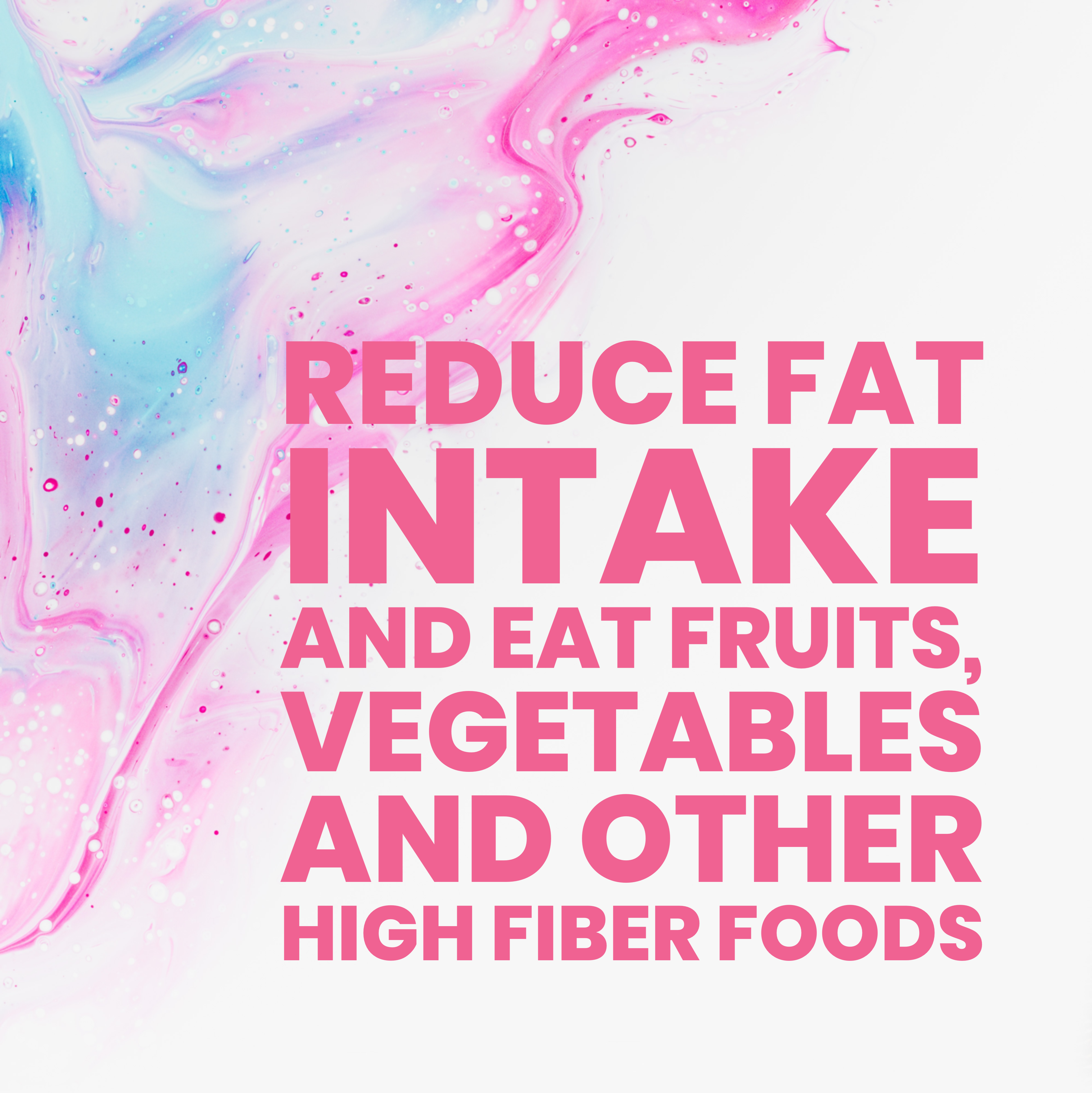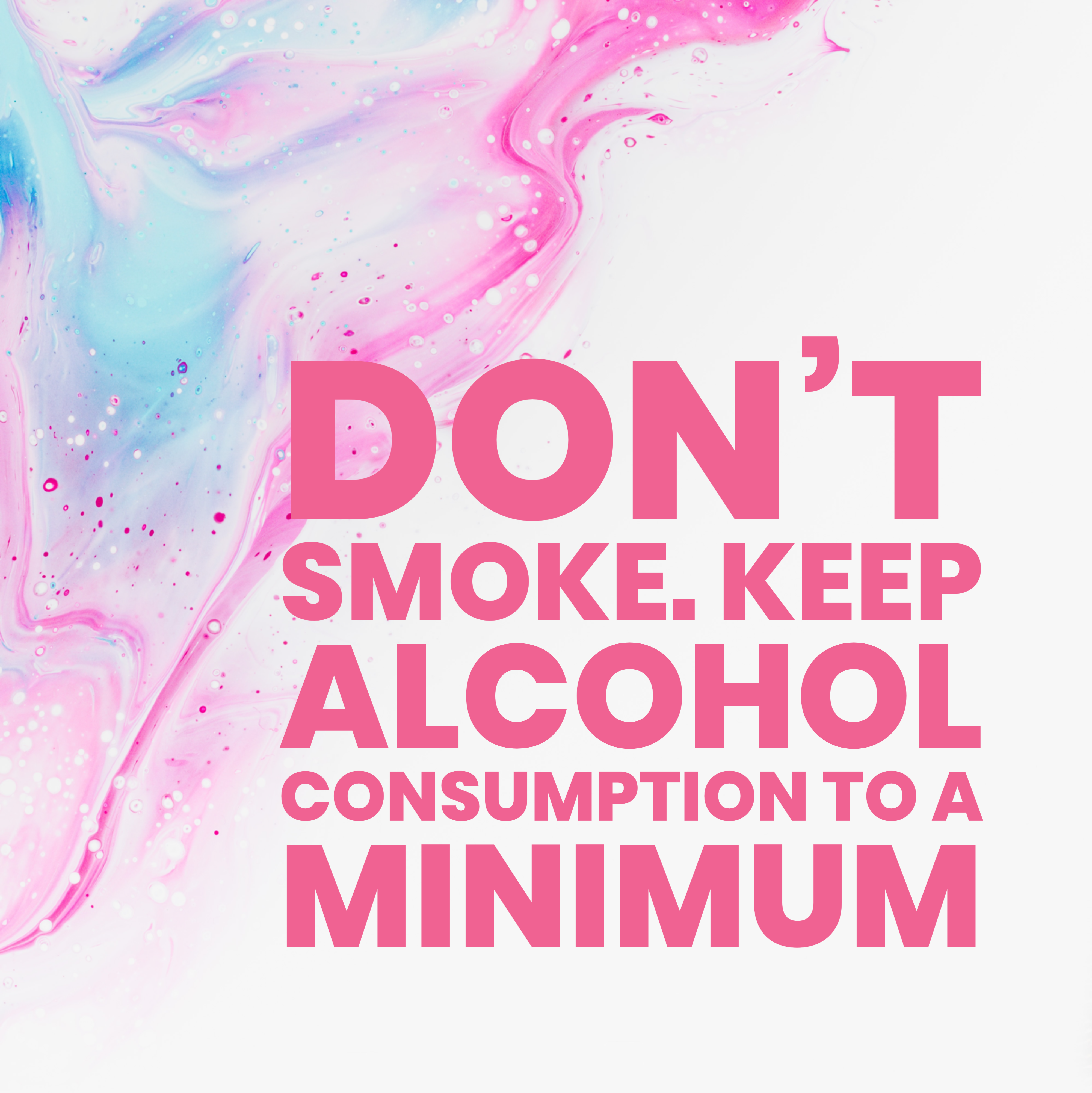Breast cancer is the second most diagnosed cancer in women, affecting one in every eight women in the U.S. The goal of screening exams for early breast cancer detection is to identify breast abnormalities as early as possible.
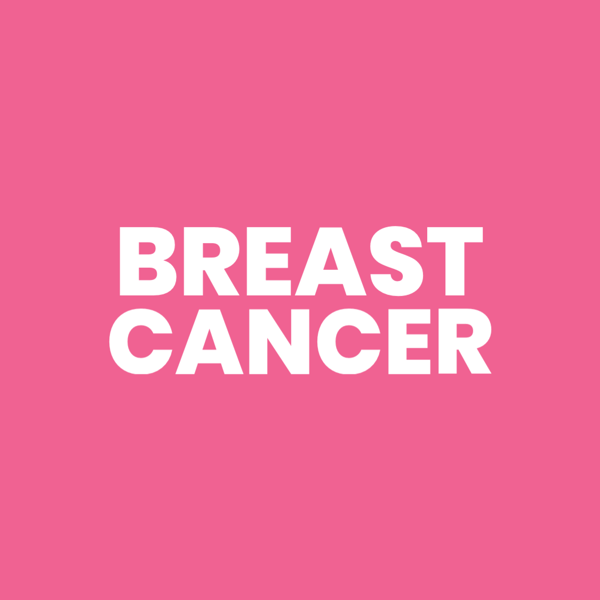
IMPORTANT STATS
If breast cancer is found early, there are more treatment options and a better chance for survival. Women whose breast cancers are detected at an early stage have over a 93 percent or higher survival rate in the first five years.
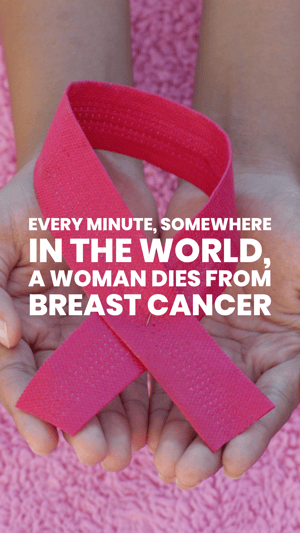 |
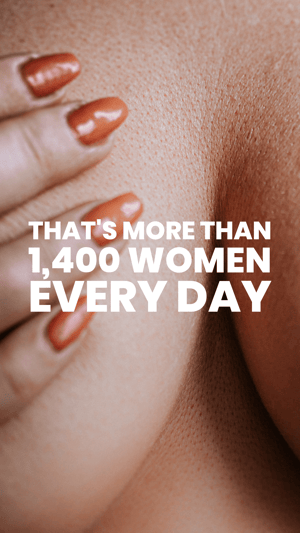 |
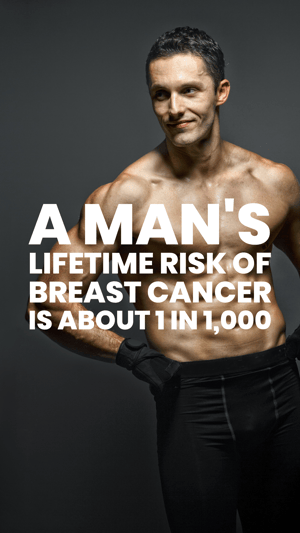 |
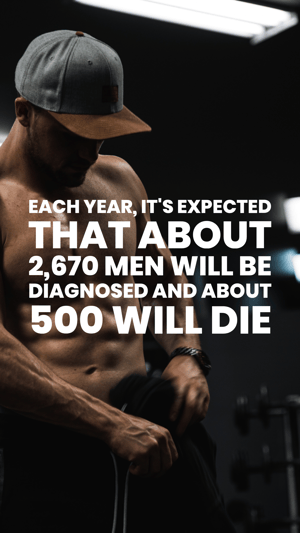 |
WHAT TO DO
A mammogram can find breast cancer before it can be felt. While it is the best screening tool we have, it is not perfect. When mammography is combined with clinical breast exams and breast self-exams, your chances for finding cancer are even greater. Getting checked regularly can put your mind at ease. Finding cancer early may also save your life.
Women age 40 - 45 or older who are at average risk of breast cancer should have a mammogram once a year.
Women at high risk should have yearly mammograms along with an MRI starting at age 30.
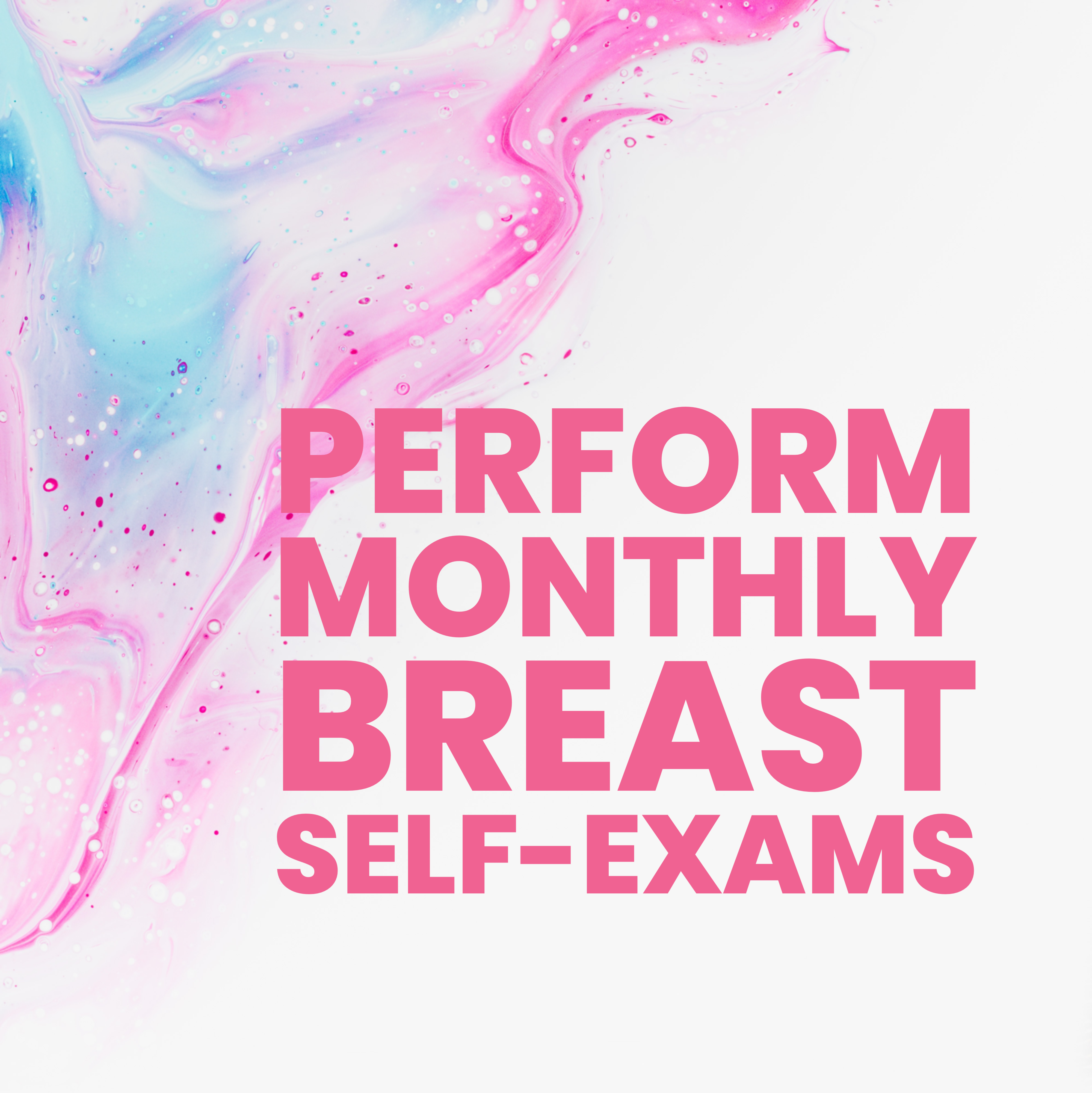
Some Risk Factors
Reference: CancerCare.org
The following are some of the known risk factors for breast cancer. However, most cases of breast cancer cannot be linked to a specific cause. Talk to your doctor about your specific risk.
Age. The chance of getting breast cancer increases as women age. Nearly 80 percent of breast cancers are found in women over the age of 50.
Personal history of breast cancer. A woman who has had breast cancer in one breast is at an increased risk of developing cancer in her other breast.
Family history of breast cancer. A woman has a higher risk of breast cancer if her mother, sister or daughter had breast cancer, especially at a young age (before 40). Having other relatives with breast cancer may also raise the risk.
Genetic factors. Women with certain genetic mutations, including changes to the BRCA1 and BRCA2 genes, are at higher risk of developing breast cancer during their lifetime. Other gene changes may raise breast cancer risk as well.
Childbearing and menstrual history. The older a woman is when she has her first child, the greater her risk of breast cancer. Also at higher risk are:
- Women who menstruate for the first time at an early age (before 12)
- Women who go through menopause late (after age 55)
- Women who’ve never had children
REDUCE YOUR RISK
